Society for Pediatric Anesthesia Question of the Week Project
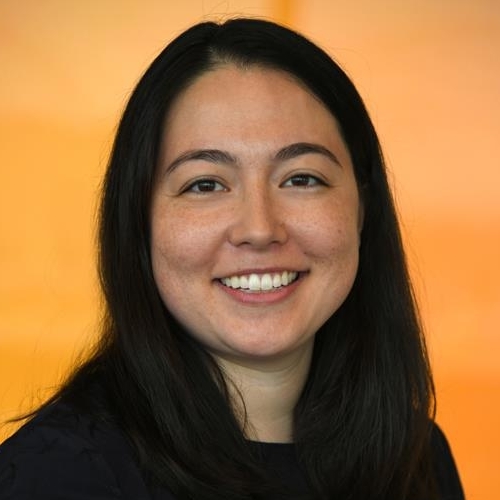 Albertz, M1 |
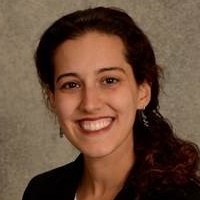 Hoagland, M1 |
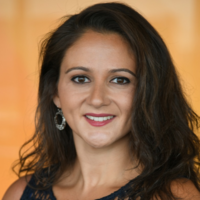 Masaracchia M1 |
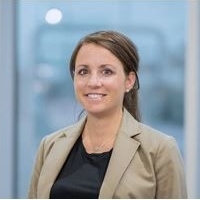 LeRiger M2 |
| Dachsangvorn, O3 |
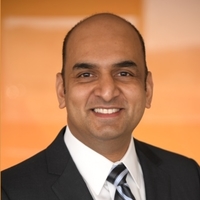 Chatterjee, D1 |
1Department of Anesthesiology, Children's Hospital Colorado, University of Colorado School of Medicine, Aurora, CO
2Division of Pediatric Anesthesiology, Children’s Hospital and Medical Center, Department of Anesthesiology, University of Nebraska Medical Center, Omaha, NE
3Department of Anesthesiology and Perioperative Medicine, Oregon Health and Science University, Portland, OR
The novel coronavirus disease (COVID-19) has forced us to reevaluate how we educate our trainees. We can no longer meet in large groups in lecture halls, and case volumes have shifted, altering our trainee’s clinical exposure. Given these changes, it is increasingly important to promote and provide tools for self-directed learning.
We describe our experience developing a Question of the Week (QoW) project in collaboration with the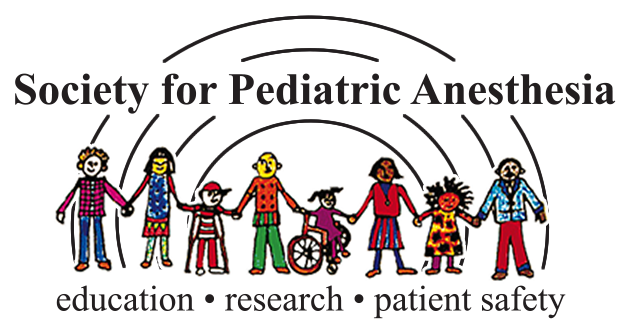 Society for Pediatric Anesthesia (SPA). First, we identified commonly missed keywords from the recently administered pediatric anesthesia in-training examination. We then asked our pediatric anesthesiology fellows to select a couple of keywords and write a multiple-choice question (MCQ) for each keyword, followed by a concise two-page summary. We encouraged our fellows to use figures and tables to highlight key concepts. We also provided guidelines on how to write a good MCQ and developed a standard template for submission. A faculty member mentored each fellow, and every question and keyword submission were peer-reviewed by three editorial team members.
Society for Pediatric Anesthesia (SPA). First, we identified commonly missed keywords from the recently administered pediatric anesthesia in-training examination. We then asked our pediatric anesthesiology fellows to select a couple of keywords and write a multiple-choice question (MCQ) for each keyword, followed by a concise two-page summary. We encouraged our fellows to use figures and tables to highlight key concepts. We also provided guidelines on how to write a good MCQ and developed a standard template for submission. A faculty member mentored each fellow, and every question and keyword submission were peer-reviewed by three editorial team members.
Subsequently, we reached out to the SPA Leadership with a proposal to publish this QoW on the SPA website’s homepage. Questions will be archived in a searchable section of the SPA website and remain accessible to all SPA members. After approval from the SPA, we expanded this project to other fellowship programs. We have had several fellows and faculty mentors from other programs interested and assigned topics.
This program provides a double benefit: it gives fellows an opportunity to develop an online peer-reviewed scholarly product, and it creates an excellent resource for independent study for future trainees. A robust peer-review process and faculty mentorship will ensure high-quality submissions. This application can also be used by faculty to prompt intra-operative education and discussion. This pandemic has necessitated altering our traditional approach of using in-person didactic teaching sessions. Innovative projects like this SPA QoW provide trainees with learning opportunities for both independent study and intra-operative discussion that will continue long after the pandemic recedes.


